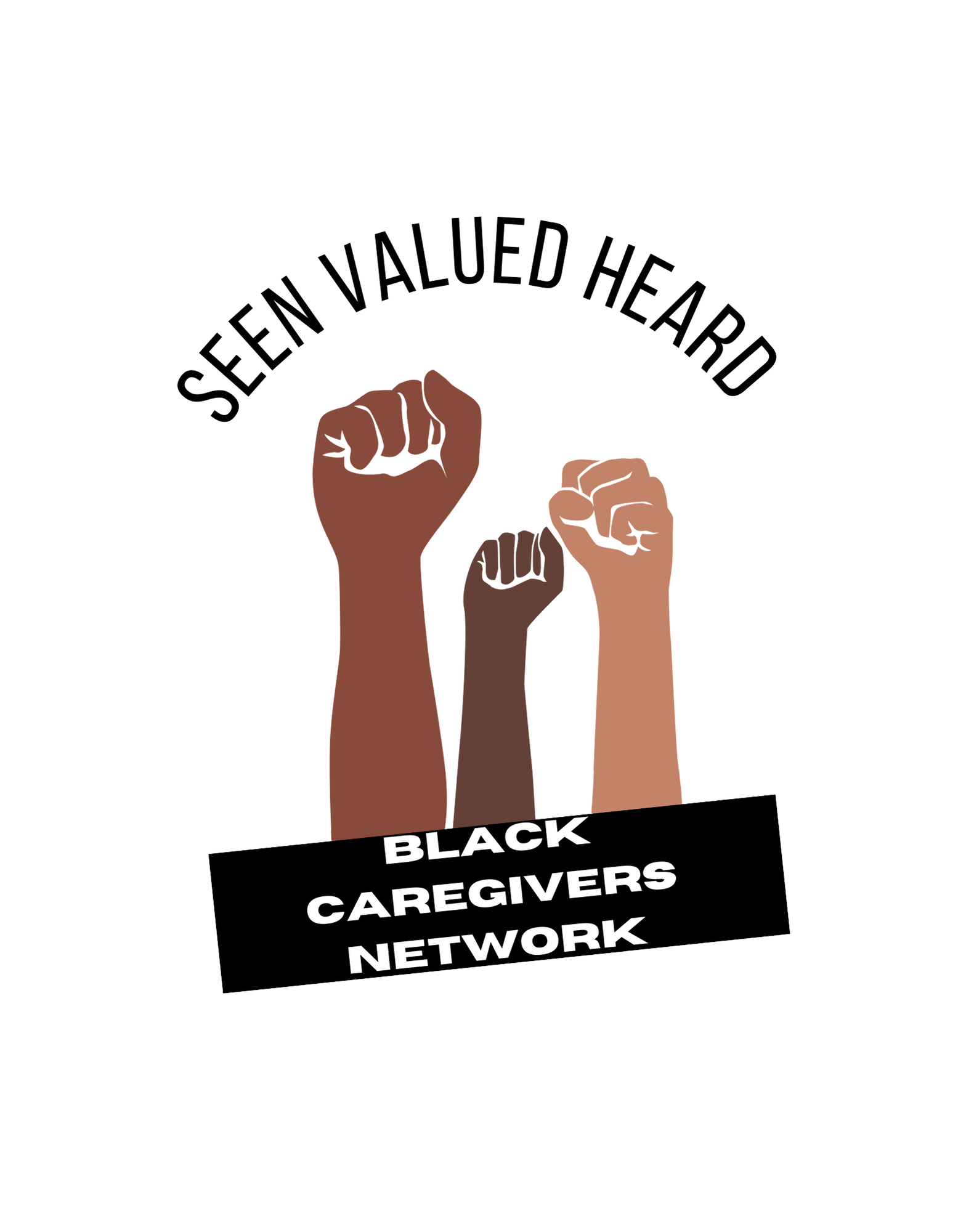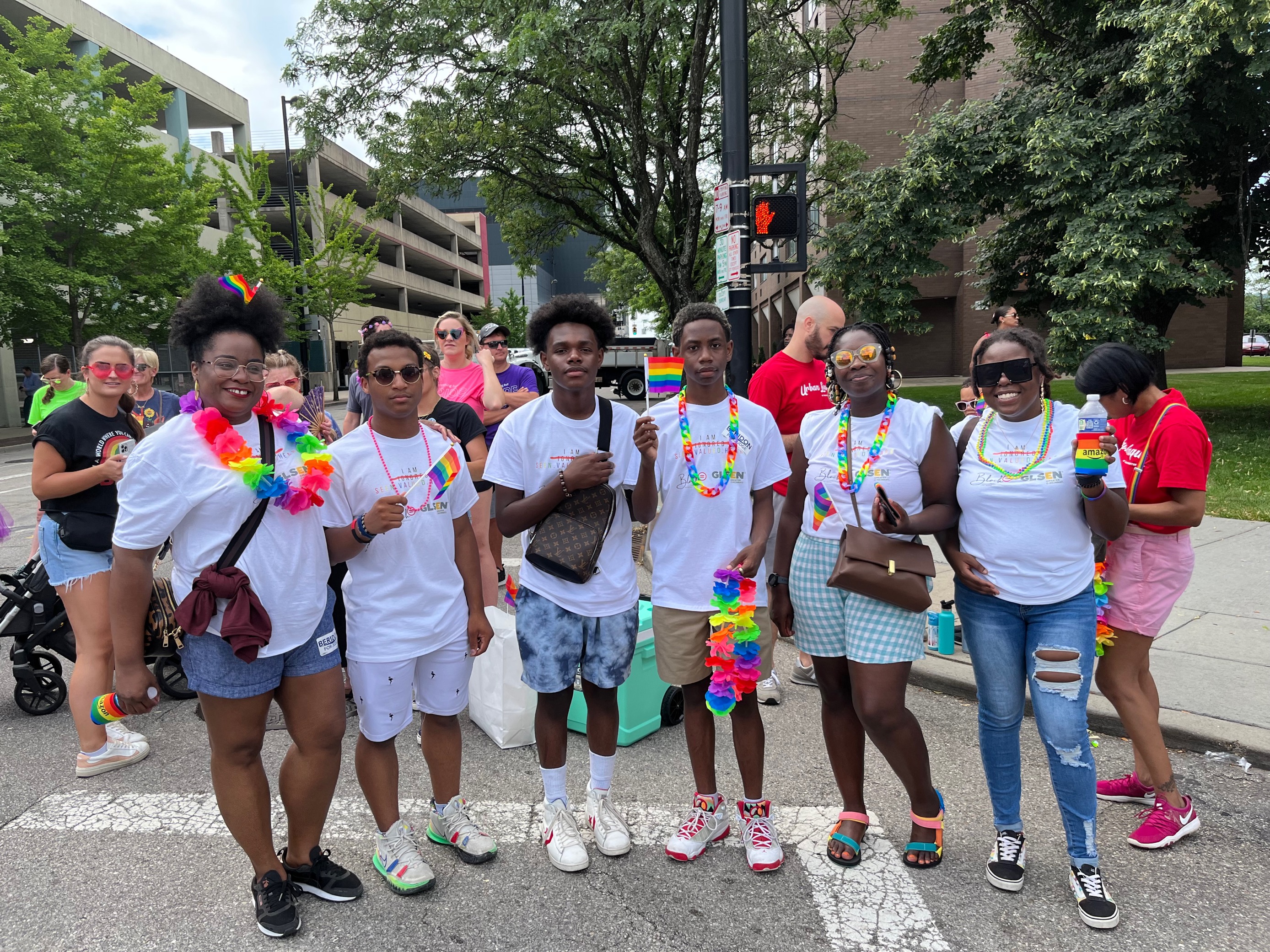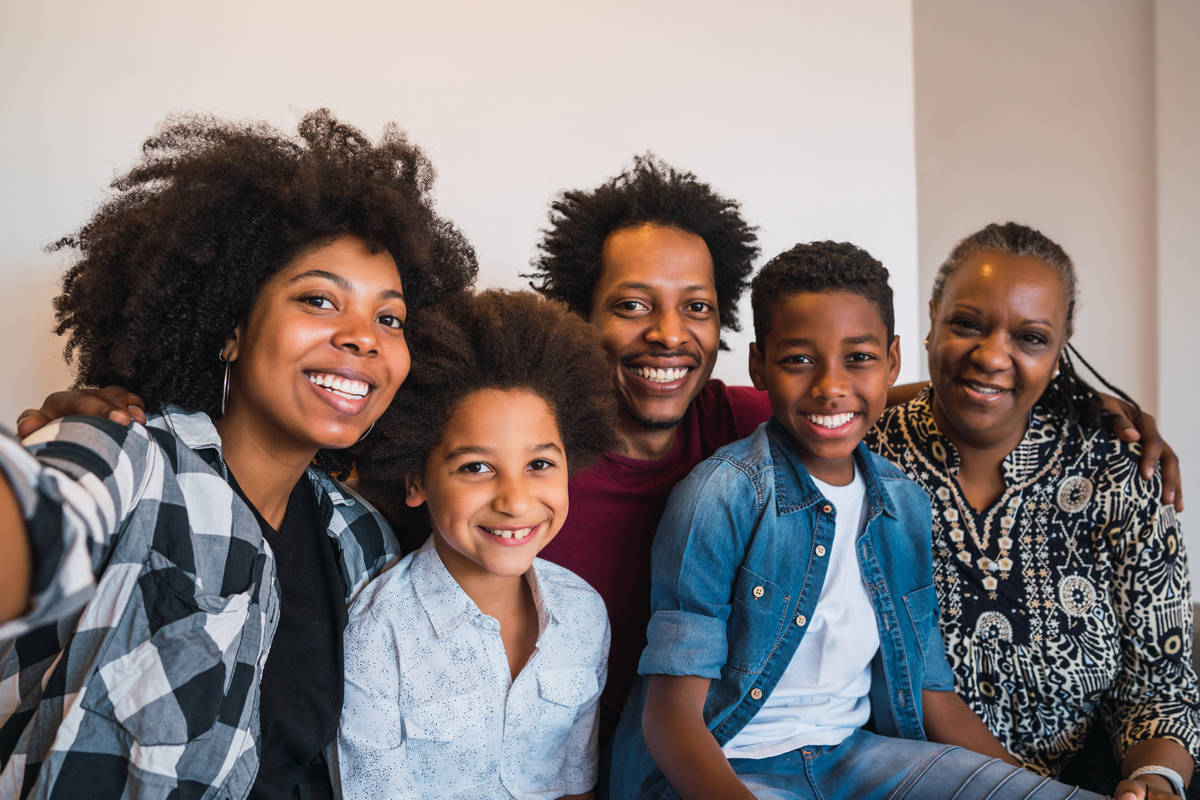Empowering Caregivers to Drive Institutional Change in Public Education
By Michael Tomlin-Crutchfield
Participation from families is essential to a child's success in school. Educators and schools that create opportunities for engagement with a child's parents or caregivers see better outcomes from their students. Unfortunately, our caregivers are often left out of conversations in our communities. The Urban League of Greater Southwestern Ohio believed increasing caregiver engagement was the best way to build public will for education in the Cincinnati area.

"There is this narrative surrounding our families that we don't play an active role in our education of our children, but we've found that schools don't properly engage with them, starting with the parent-teacher conference, said Jasmine Coaston, the Vice President of Government and Community Relations. "We created an environment that provided a safe space for caregivers who felt excluded to have a say in the culture of their child's schools."
The lack of influence on school and district operations led to the birth of the Black Caregivers Network. The affiliate hosted a series of open public gatherings and discussions on education equity to determine the pain points for families when it came to engaging with their school systems and identify areas for improvement in their district.
"We conducted over 200 one-on-one conversations with caregivers at four elementary schools across the district,” said Coaston. “ We found that our families needed to understand how to escalate and de-escalate issues within the school system needed schools free of bias where our kids could grow, and wanted better relationships between them and school staff.
To increase the reach of their advocacy and challenge Ohio's version of the "Don't Say Gay" bill signed into Florida law, the caregiver network partnered with the Cincinnati chapter of (GLSEN) to protect the rights of LGBTQ+ students and even walked in their first gay pride parade under the Urban League of Greater Southwestern Ohio’s banner.

Schools need to be places where students feel seen, heard, and valued for who they are, and schools also need to help students learn how to work alongside people with different backgrounds and experiences," said Coaston.
The caregiver network created a spectrum of engagement to evaluate how well caregivers were seen, valued, and heard by the district.
"Caregivers and their families want to feel welcomed within the school community and want to be included in the decision-making process on the school level beyond the traditional school governing bodies.," said Coaston. "Meetings and events should be scheduled at times that show respect for caregivers' time, work schedules, and other adult obligations."
The network submitted recommendations that expanded the parent-teacher conference from a set time and date to an all-day engagement that featured virtual options to accommodate all caregivers. The network also asked the district to engage families in the principal selection process to ensure that school leaders reflected the community's needs.
Follow @naturbanleague on social to learn more about our work and the work of the Urban League movement.


